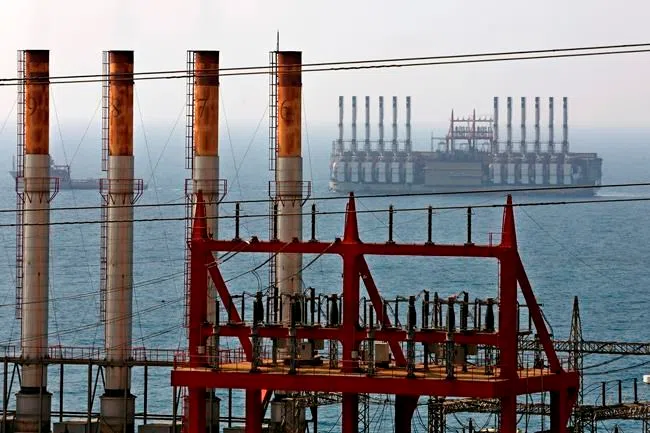
A goodwill gesture over electricity sows discord in Lebanon
BEIRUT — It was supposed to be a goodwill gesture from an energy company in Turkey.
This summer, the Karadeniz Energy Group lent Lebanon a floating power station to generate electricity at below-market rates to help ease the strain on the country’s woefully undermaintained power sector.
Instead, the barge’s arrival opened a Pandora’s box of partisan mudslinging in a country hobbled by political sectarianism and dysfunction.
There have been rows over where it should dock, how to allocate its 235 megawatts of power, and even what to call the barge.
